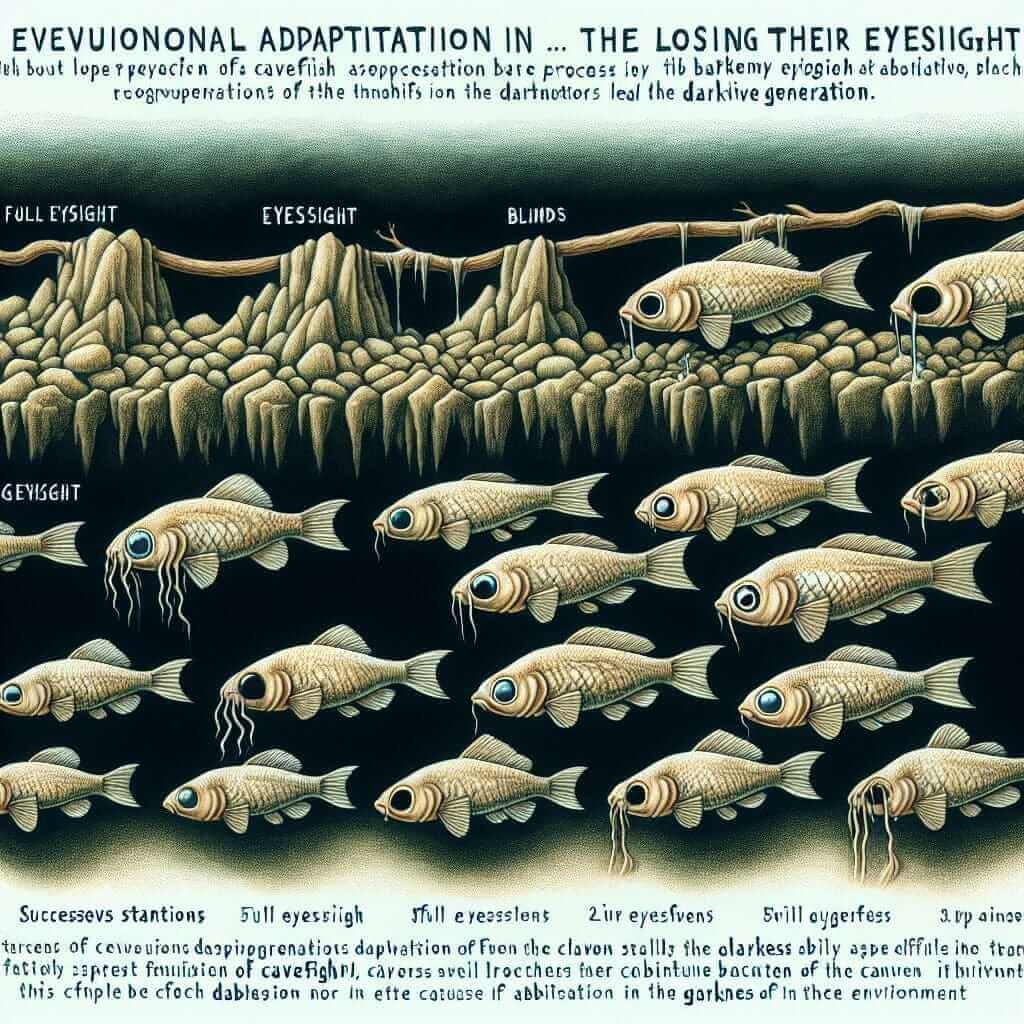As an IELTS mentor with over 20 years of experience, I often encounter students intrigued by the concept of “reverse evolution” appearing in IELTS materials. It’s a fascinating topic that can lead to thought-provoking discussions in the IELTS Speaking test, particularly when tackling questions related to biology, the environment, or even societal changes.
Understanding “When Evolution Runs Backwards” in the IELTS Context
While the phrase “evolution runs backwards” might seem counterintuitive – after all, we associate evolution with progress – it’s crucial to understand its application within the framework of the IELTS exam.
- Figurative Language: In many instances, the concept is used figuratively. It might describe situations where societies, technologies, or even artistic movements seem to regress or return to earlier forms.
- Specific Biological Cases: In a purely scientific context, “reverse evolution” isn’t entirely accurate. Evolution is driven by environmental pressures and genetic variation, always pushing towards adaptation, not a literal reversal. However, you might encounter examples where organisms lose complex features, often due to specific environmental changes or adaptations. This is more accurately termed “reductive evolution.”

Approaching IELTS Questions Related to “Reverse Evolution”
Here’s how to effectively address this topic in your IELTS Speaking test:
1. Clarify the Context
Don’t be afraid to ask for clarification if a question uses the phrase “evolution runs backwards.” You can politely rephrase the question to ensure you’ve understood it correctly. For example:
- Examiner: “Some people believe technology is making us less intelligent. Do you think evolution is running backwards in this case?”
- You: “That’s an interesting question. So, you’re asking if I believe technology might be having a negative impact on human intelligence?”
2. Provide Balanced Opinions
Avoid making absolute statements like “evolution cannot go backwards.” Instead, acknowledge the complexity of the topic:
- Acknowledge the Figure of Speech: “The idea of evolution running backwards is a powerful image often used to describe…”
- Provide Nuance: “While evolution doesn’t reverse in a literal sense, there are instances where…”
- Offer Examples: “We might see what appears to be ‘reverse evolution’ in cases of animals losing their sight in dark caves as they adapt to a new environment.”
3. Showcase Your Vocabulary
Use this opportunity to demonstrate your range of vocabulary:
- Instead of “reverse evolution” consider using: devolution, regression, simplification, loss of complexity, vestigial structures
4. Connect to Broader Themes
Relate the discussion to broader themes relevant to IELTS:
- Impact of Technology: Discuss the potential downsides of technology (e.g., dependence, social isolation) while acknowledging its benefits.
- Environmental Change: Explore how species adapt to changing environments, even if those adaptations seem to result in a loss of complexity.
- Societal Shifts: Analyze whether certain societal changes might be perceived as regressive by some, even while others view them as progress.
Example IELTS Speaking Question
Examiner: “Some argue that our reliance on technology is making us less capable. Would you say this is an example of evolution running backwards?”
Possible Response:
“It’s an intriguing thought. While I wouldn’t say evolution is literally reversing, it’s true that our reliance on technology might be leading to the underuse of certain skills. For example, our constant access to GPS navigation might make us less adept at spatial reasoning and navigation compared to previous generations. However, it’s important to remember that technology also pushes us to evolve in new ways, such as developing advanced problem-solving skills in the digital realm.”
In Conclusion
Remember, the IELTS exam assesses your ability to communicate effectively in English. By understanding the nuances of phrases like “when evolution runs backwards” and approaching them with a balanced and analytical perspective, you can demonstrate your linguistic prowess and impress your examiner.